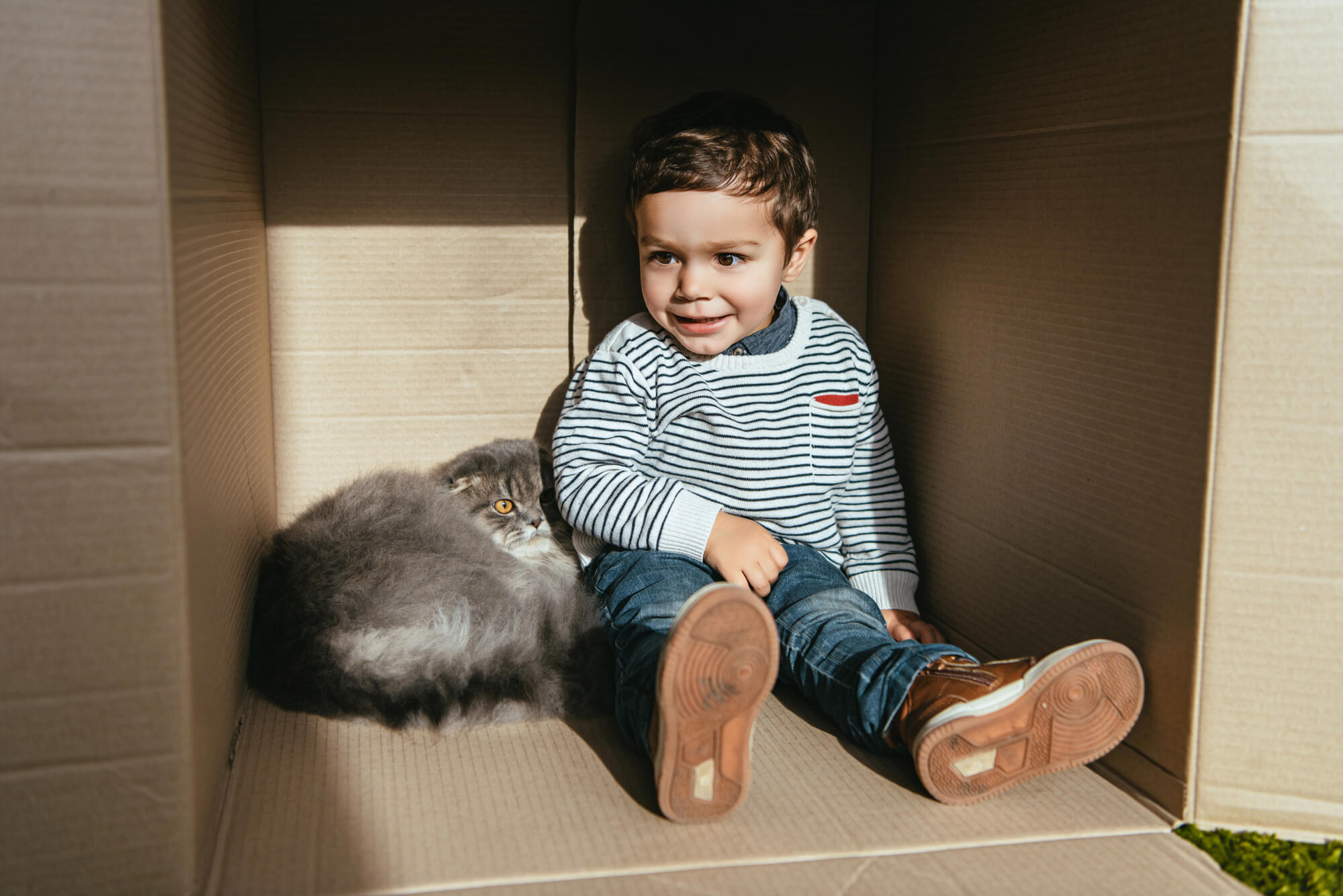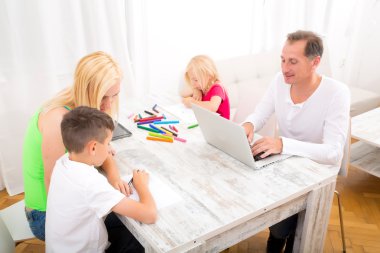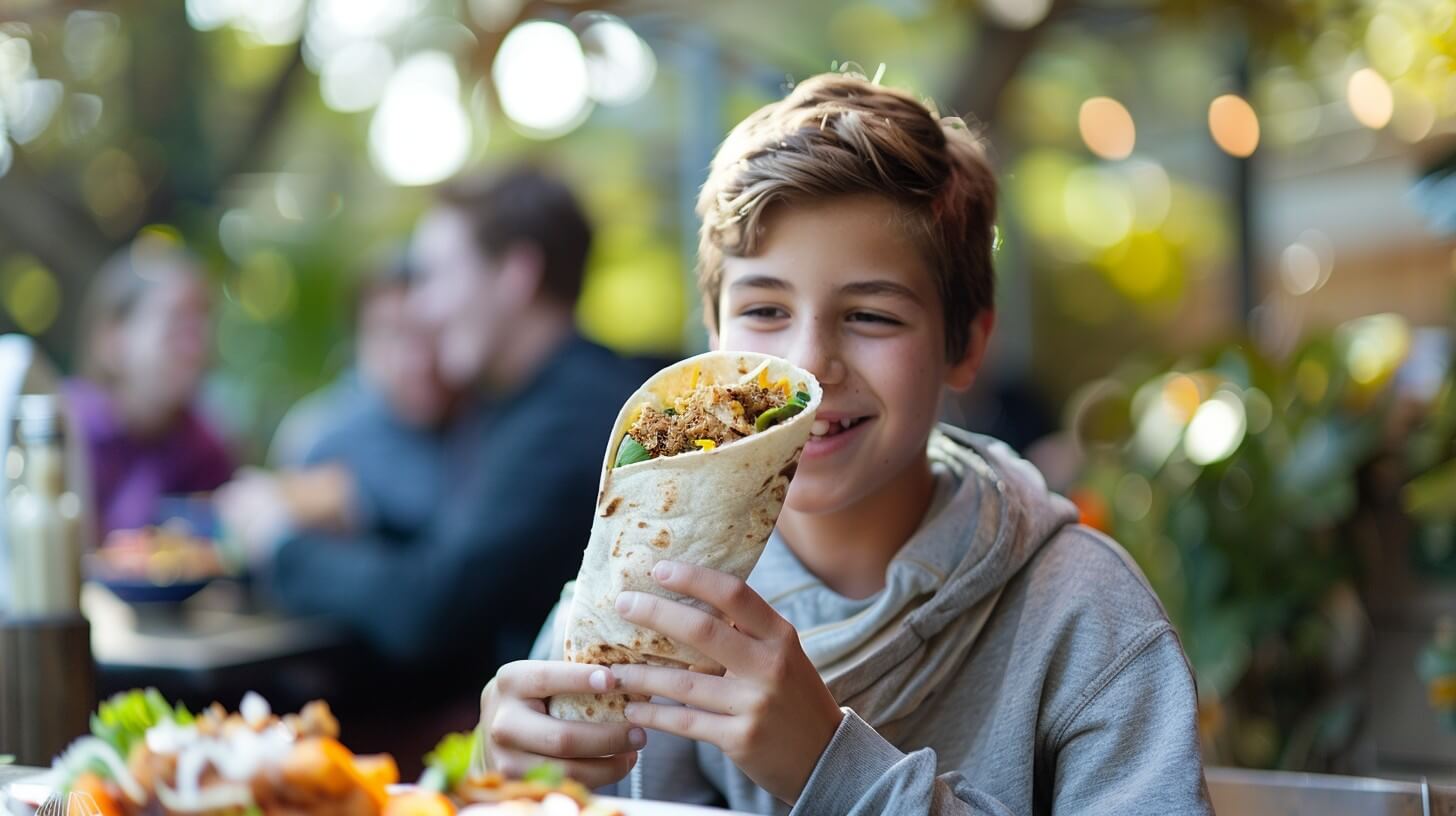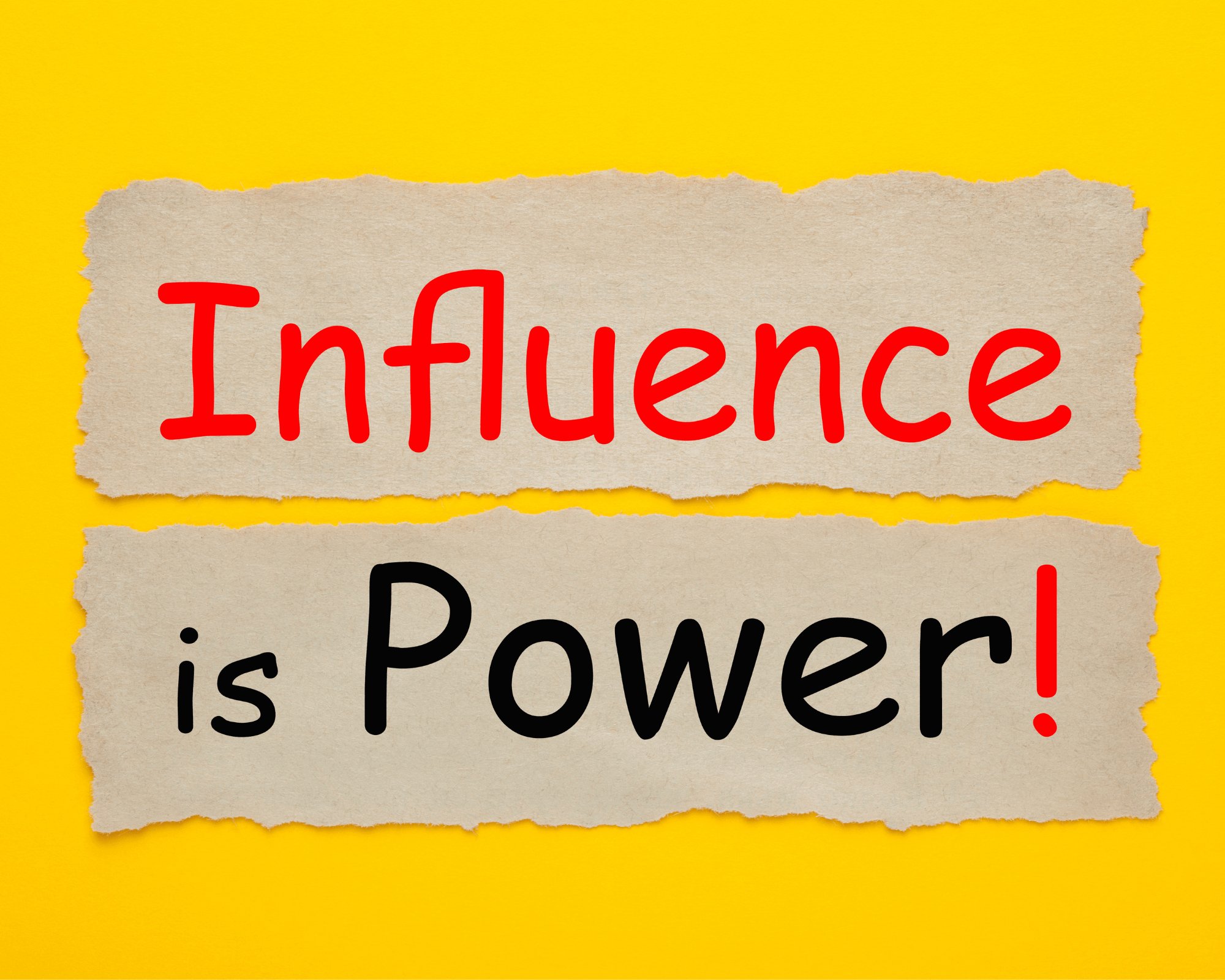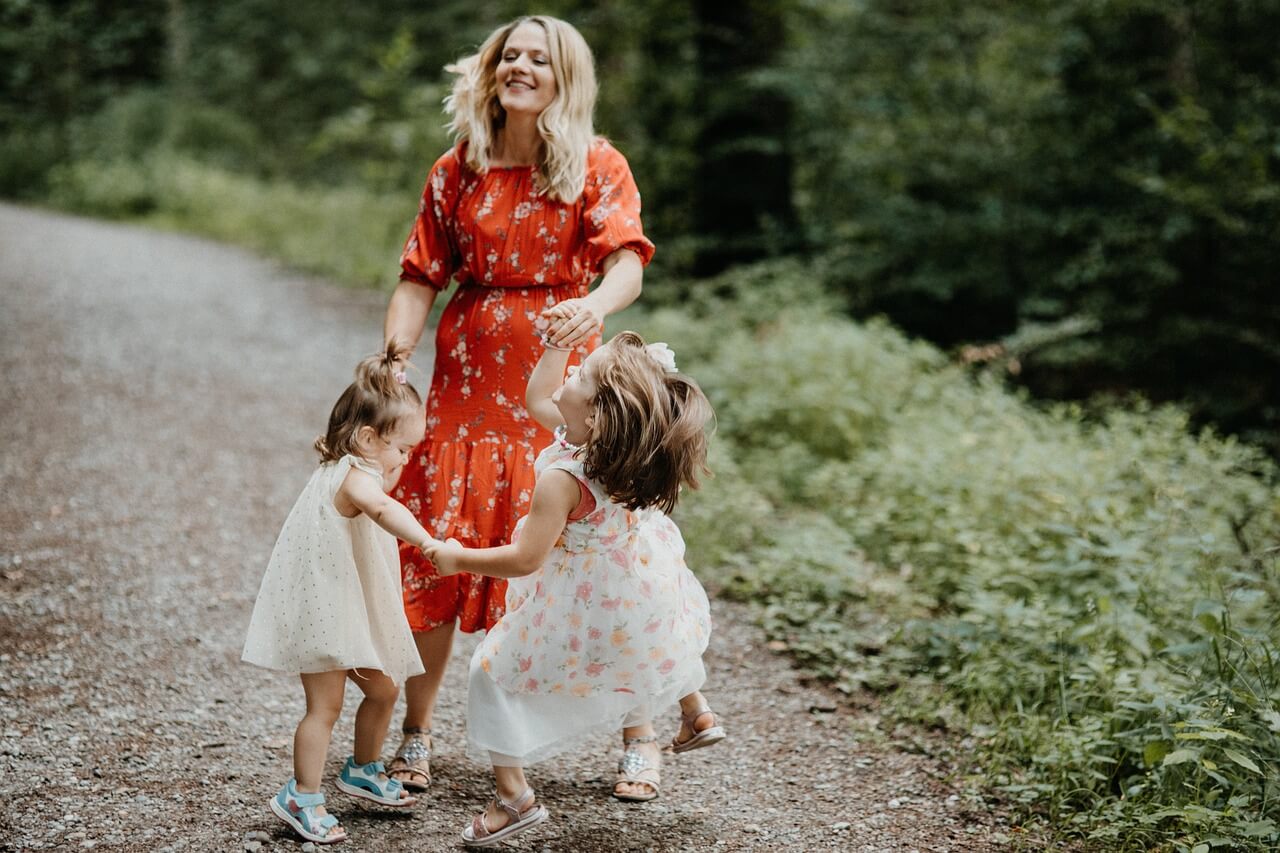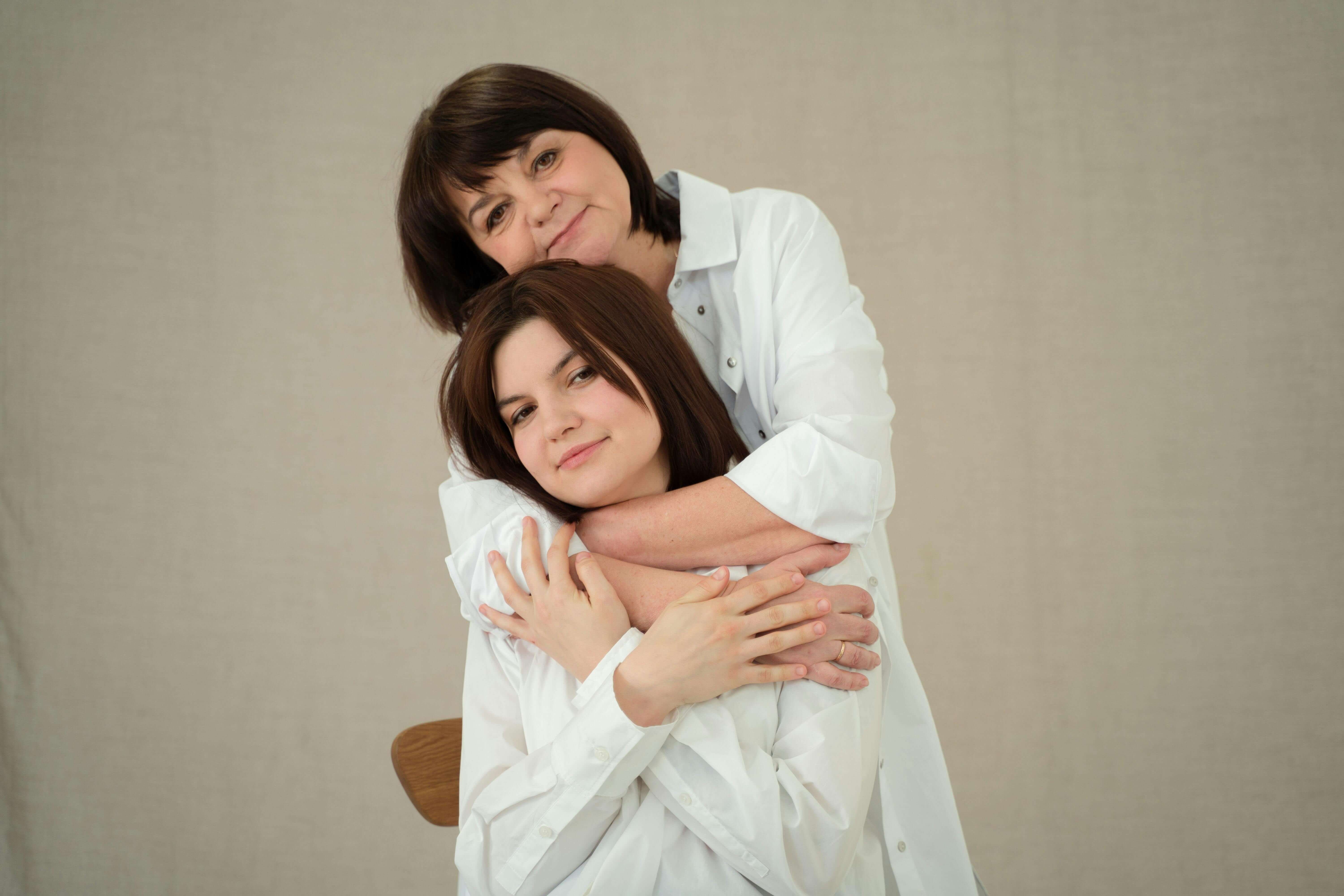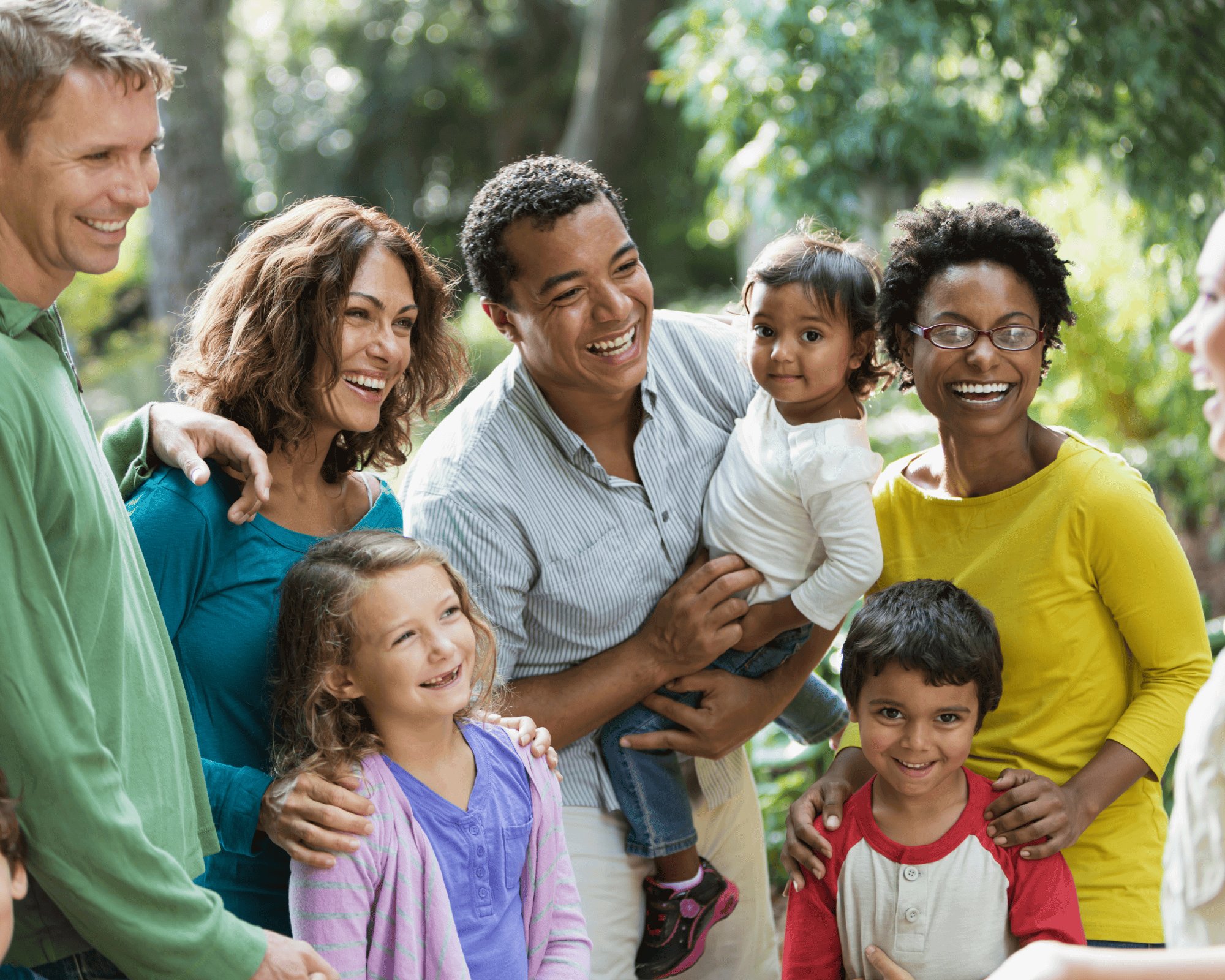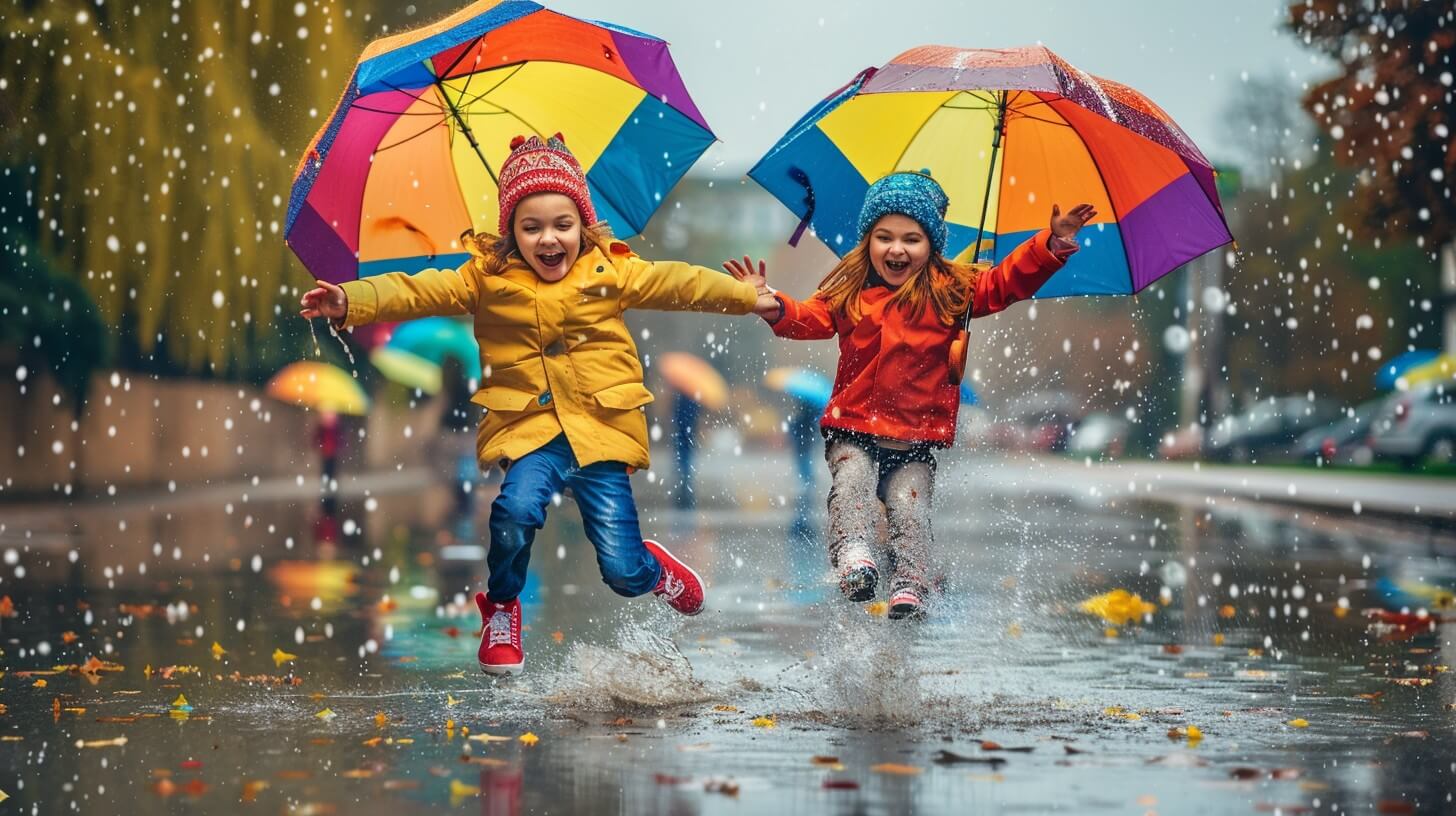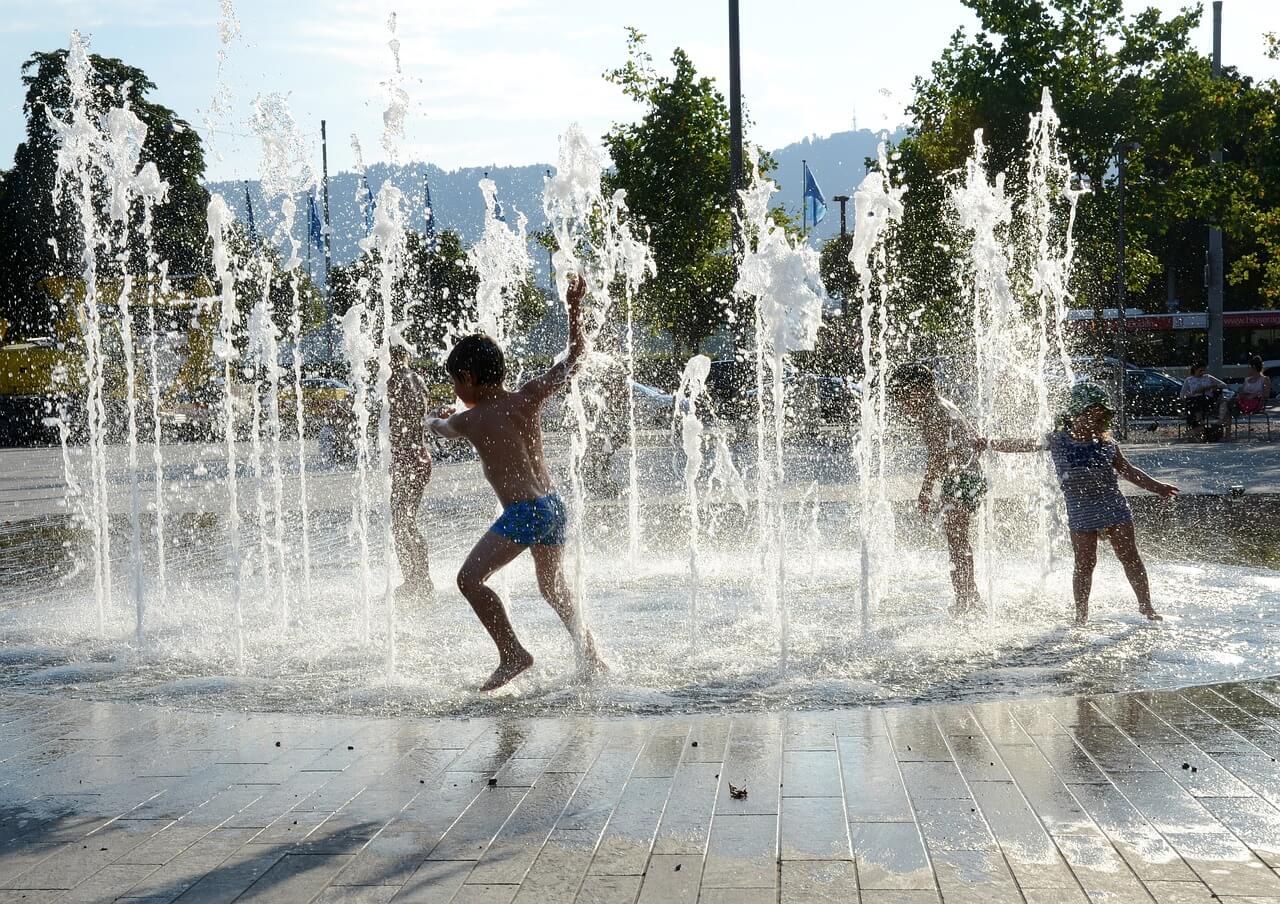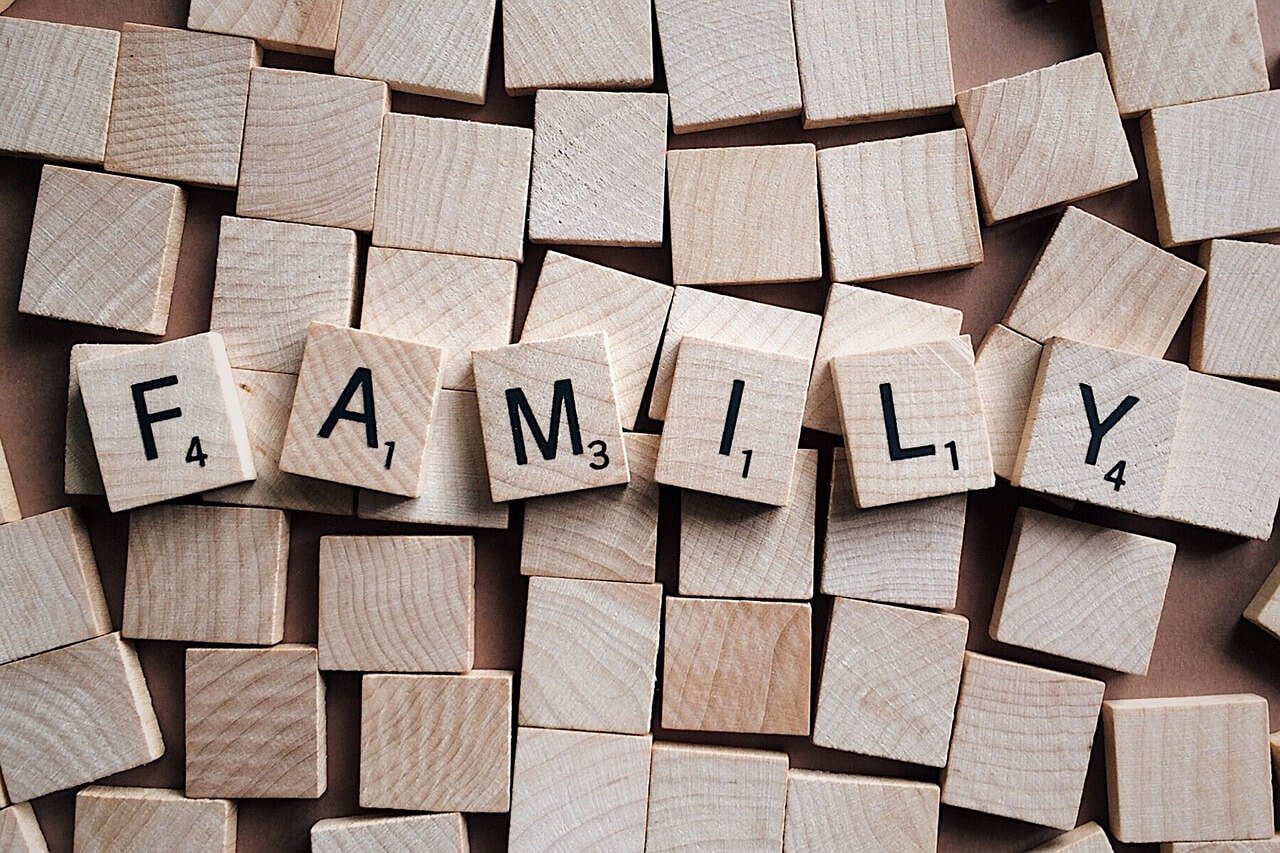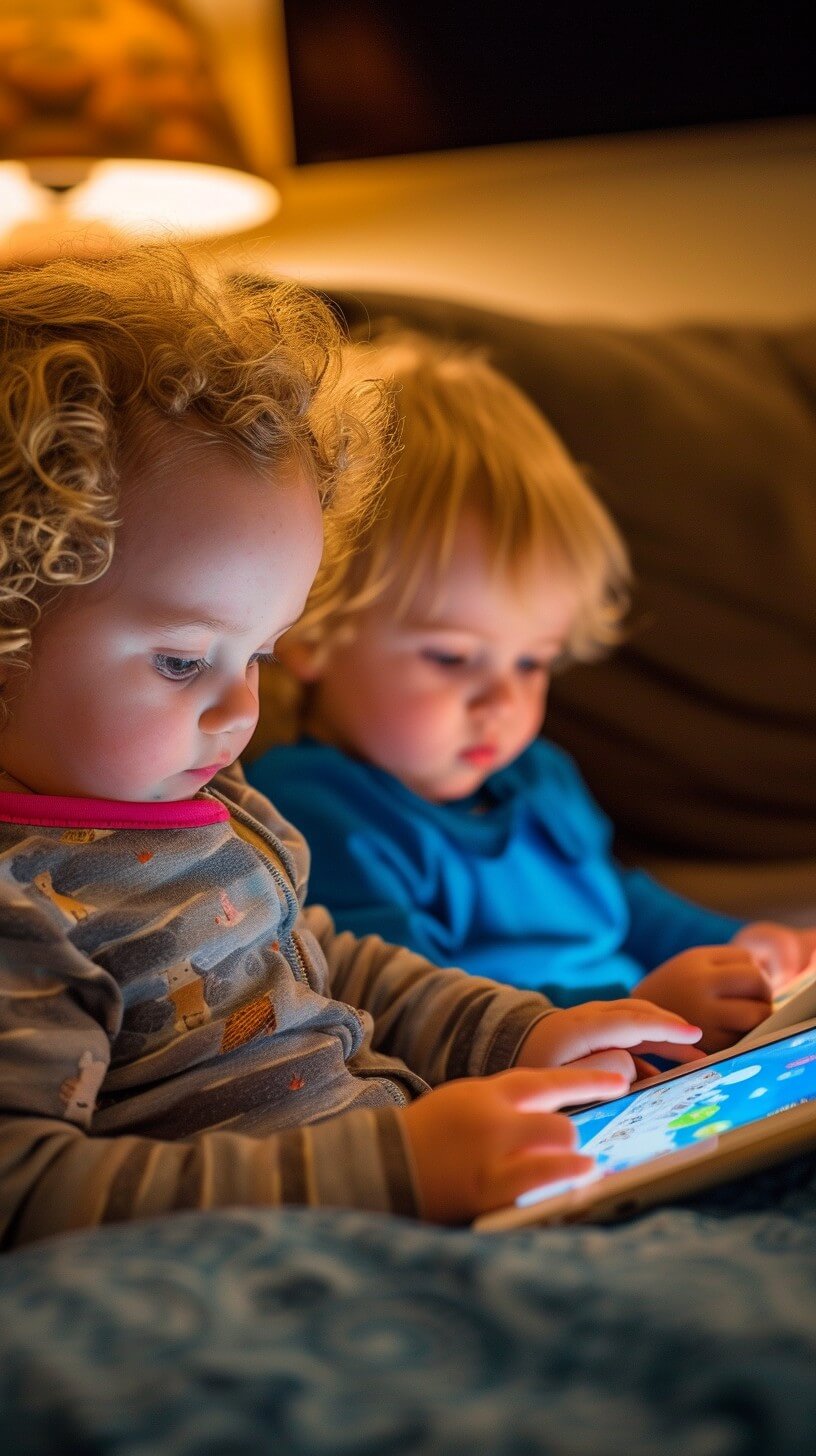Parenting Styles and Anxiety in Children: How Your Approach Shapes Your Child’s Emotional Well-Being
If you’re here, you probably want to understand how your parenting style impacts anxiety in children. The truth? How you parent your child will determine their emotional well-being and how they behave.

Some styles of parenting help anxious children feel secure and supported. Others, unfortunately, can make their anxiety worse.
How do different styles affect anxiety in children, and how you can help them with their emotional resilience.
👨👩👧👦 The Four Parenting Styles (And How They Affect Anxiety)
Psychologists Diana Baumrind and later researchers identified four main parenting styles that influence a child’s emotional and psychological development.
Each has a different impact on childhood anxiety.
1️⃣ Authoritative Parenting (The Gold Standard for Reducing Anxiety) ✅
What it looks like:
✔️ High warmth, high expectations
✔️ Clear rules with room for flexibility
✔️ Encourages independence while providing emotional support
Effect on anxiety:
👉 Best for anxious children! This style of parenting balances warmth, helps kids to feel safe all while learning to deal with challenges.
🔬 Research Insight:
A study published in the Journal of Child and Family Studies found that children raised by authoritative parents had lower levels of stress and anxiety compared to those raised in more rigid or neglectful environments.
2️⃣ Authoritarian Parenting (Strict and Anxiety-Inducing) 🚨
What it looks like:
❌ High expectations, low warmth
❌ “Because I said so” mentality
❌ Focus on obedience over emotional connection
Effect on anxiety:
👉 Kids raised in authoritarian homes often experience higher levels of anxiety. They are afraid of failing and may struggle with self-expression. The constant pressure to meet high expectations without emotional support makes them more prone to stress and perfectionism.
🔬 Research Insight:
A 2020 study in Developmental Psychology found that children with authoritarian parents were more likely to develop social anxiety and fear-based responses in unfamiliar situations.
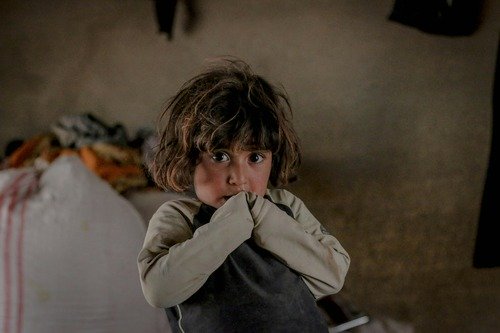
3️⃣ Permissive Parenting (Loving but Lacking Structure) 🤷
What it looks like:
✔️ High warmth, low expectations
✔️ Few rules or inconsistent discipline
✔️ Avoids saying “no” to avoid conflict
Effect on anxiety:
👉 While permissive parenting feels loving, the lack of structure can leave anxious children feeling overwhelmed. With the lack of clear boundaries, they tend to struggle to develop confidence when making decisions.
🔬 Research Insight:
A study in Child Development found that children of permissive parents often experience more uncertainty and social anxiety, as they lack the structure needed to develop coping skills.
4️⃣ Neglectful Parenting (The Most Harmful for Anxiety) ⚠️
What it looks like:
❌ Low warmth, low expectations
❌ Emotionally or physically absent
❌ Minimal guidance or involvement
Effect on anxiety:
👉 Worst for anxious children! Without emotional support and attention your child can experience severe anxiety and attachment issues.
They can also develop low self-esteem, have difficulty regulating their emotions, and trouble forming secure relationships.
🔬 Research Insight:
Studies in The Journal of Abnormal Child Psychology link neglectful parenting to higher rates of anxiety disorders and depression in adolescence and adulthood.
🙋 FAQs About Parenting and Anxiety in Children
💡 “Which parenting style is best for reducing anxiety in children?”
👉 Authoritative parenting is the most effective. It provides emotional warmth and clear boundaries. Encouraging independence and helping children feel secure.
💡 “Can strict parenting cause anxiety?”
👉 Yes. Authoritarian parenting (strict, low warmth) increases anxiety, making children fearful of mistakes and leading to perfectionism and social anxiety.
💡 “What should I do if my child is already anxious?”
👉 Offer reassurance, structure, and emotional validation. Avoid overprotecting them—help them face fears in small, manageable steps while showing support.
💖 How to Support an Anxious Child (Parenting Tips)
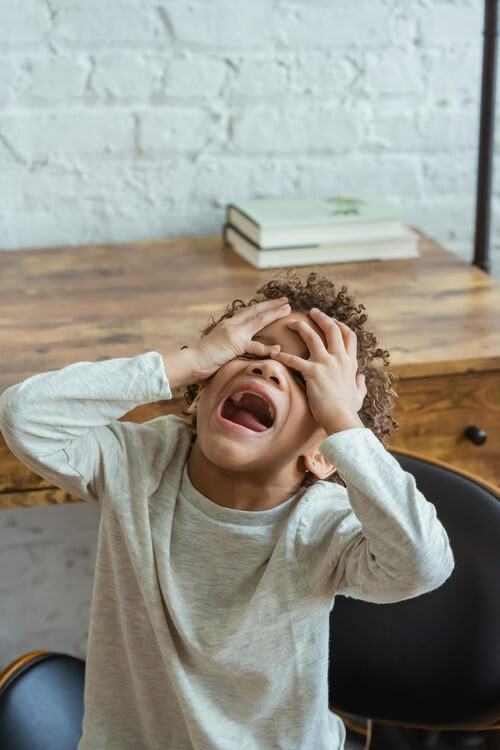
Here’s how you can adjust your parenting style to help your child manage anxiety:
🌱 Encourage Emotional Expression – Teach your child that all emotions are valid. Instead of saying, "Don't be scared," try, "I see that you're feeling nervous. Let's talk about it."
📅 Create Predictability – Anxious kids thrive on routine. By offering clear expectations and consistent schedules you are providing them with a sense of security.
🤝 Model Healthy Coping Strategies – Children learn from what they see. If you handle stress calmly and practice mindfulness or deep breathing, your child is more likely to do the same.
🎯 Teach Problem-Solving Skills – Instead of rescuing them, guide them in finding solutions so they build confidence.
⏸️ Reduce Pressure & Perfectionism – Let them know mistakes are part of learning. Praise effort over results.
📚 Next Steps: Books & Resources for Parents
Want to dive deeper? These books and resources can help you better support your child:
📖 The Whole-Brain Child by Daniel J. Siegel & Tina Payne Bryson – A must-read on helping children develop emotional resilience.
📖 Anxious Kids, Anxious Parents by Reid Wilson & Lynn Lyons – Practical tools for breaking the anxiety cycle.
📌 Online Courses & Therapy Resources:
👉 Child Mind Institute – Science-backed resources on child anxiety.
👉 Parenting Science – Deep dives into parenting research.
💬 Final Thoughts: Parenting with Confidence & Compassion
If you’re worried about your child’s anxiety, you’re already doing something right—you care. Parenting is about learning, being flexible, and supporting your children with love; it’s not about being perfect.
No matter what parenting style you lean toward, small shifts can make a big impact. Choose warmth, set boundaries, and show them they are safe and capable.
Have questions or need support? Drop a comment or check out the recommended resources. 💙
